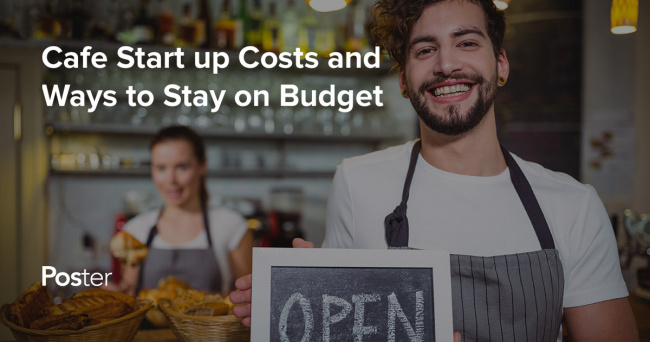Have you ever dreamed of starting your own coffee house? Whether you’re a seasoned coffee aficionado or a budding entrepreneur, understanding the financial investment involved is crucial before embarking on this exciting venture. In this comprehensive guide, we delve into the intricacies of starting a coffee house, meticulously detailing the various expenses you’ll incur along the way.

Image: topteacoffee.com
Rent or Purchase of a Space
The location of your coffee house plays a pivotal role in its success, and securing a suitable space is paramount. Rental costs vary widely depending on the size, location, and amenities of the property, but you can expect to pay a monthly rent of at least $1,500, with higher figures common in metropolitan areas. If you opt to purchase a space, upfront costs can range from $100,000 to $500,000 or more.
Equipment and Appliances
Your coffee house will require a range of specialized equipment and appliances to brew and serve your delectable creations. These include espresso machines (ranging from $5,000 to $20,000), grinders ($500 to $2,000), refrigerators ($1,000 to $3,000), and a variety of other smaller items such as blenders ($200 to $500) and milk frothers ($100 to $300).
Coffee Beans and Supplies
The quality of your coffee beans is the cornerstone of your coffee house. Expect to pay around $1.50 to $3 per pound for wholesale coffee beans, and you’ll also need to factor in the cost of milk ($3 to $5 per gallon), sugar, cups, napkins, and other supplies.

Image: blogcheapgger.blogspot.com
Staffing
Every coffee house needs a team of dedicated baristas. Salaries for baristas vary depending on location, experience, and the size of the establishment, but generally fall within the range of $12 to $16 per hour. It’s important to consider not only the wages but also the costs of employee benefits such as health insurance and paid time off.
Utilities
Overlooked but essential, utilities include electricity, water, gas, and internet. Electricity costs will vary depending on the size of your space and the volume of equipment you operate, but you should budget for a monthly expense of at least $500. Water and gas bills typically range from $100 to $300 per month combined, and internet access costs around $50 to $100.
Licenses and Permits
Before you can open your doors, you’ll need to obtain various licenses and permits from local authorities. These can include a business license, food handling license, and health permit. The specific requirements and fees vary by jurisdiction, so it’s advisable to contact your local government for details.
Marketing and Promotion
Once your coffee house is up and running, it’s crucial to market your business to potential customers. This can involve creating a website, establishing a social media presence, running targeted advertising campaigns, and participating in community events. Marketing costs can vary significantly depending on the strategies you choose to implement.
Ongoing Expenses
In addition to the initial startup costs, there are ongoing expenses that you need to account for to ensure the smooth operation of your coffee house. These include rent or mortgage payments, inventory costs, staff wages, utilities, and marketing expenses. By carefully tracking your expenses and adjusting your budget accordingly, you can ensure the long-term financial health of your business.
How Much Does It Cost To Start A Coffee House
Conclusion
Starting a coffee house is an exciting and rewarding endeavor, but it’s important to carefully consider the financial implications before taking the plunge. By thoroughly researching the costs involved, including rent, equipment, staffing, utilities, licenses, and marketing, you can set a realistic budget and minimize unexpected expenses. Remember, a well-planned and financially sound coffee house is more likely to thrive in the competitive world of the coffee industry.